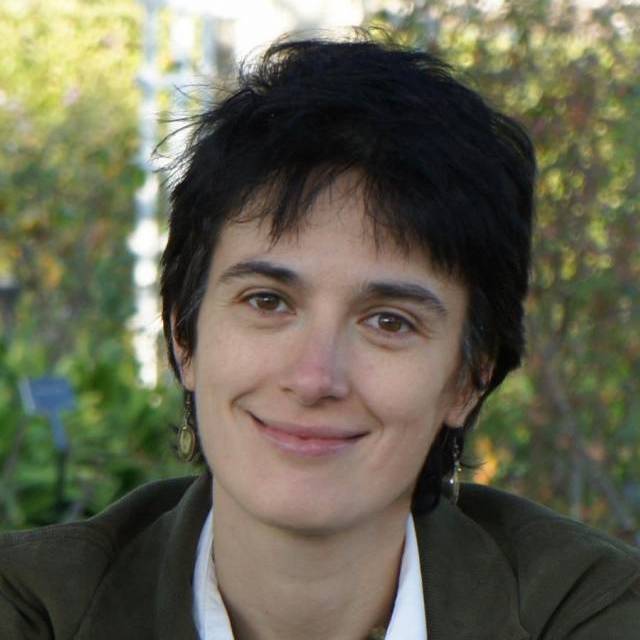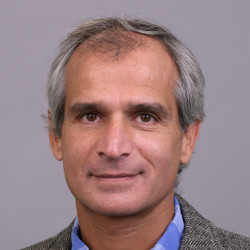Schedule
Virtual Workshop
8:45 am - 6:05 pm
Dec 12, 2020
Morning Session
| 8:45 - 9:00 | Opening Remarks |
| 9:00 - 9:45 | Invited Talk: |
| 9:45 - 10:00 | Contributed Talk: |
| 10:00 - 10:15 | Contributed Talk: |
| 10:15 - 10:30 | Contributed Talk: |
| 10:30 - 11:00 | Morning Coffee Break |
| 11:00 - 11:45 | Invited Talk: |
| 11:45 - 12:30 | Poster Session |
| 12:30 - 14:30 | Lunch |
Afternoon Session
| 14:30 - 14:45 | Contributed Talk: |
| 14:45 - 15:00 | Contributed Talk: |
| 15:00 - 15:30 | Panel Discussion |
| 15:30 - 16:00 | Afternoon Coffee Break |
| 16:00 - 16:30 | Poster Session |
| 16:30 - 17:15 | Invited Talk: |
| 17:15 - 18:00 | Invited Talk: |
| 18:00 - 18:05 | Awards and Closing Remarks |
Keynote Speakers
TBD
TBD
TBD
TBD
Accepted Papers
Call for Papers
We invite researchers to submit both theoretical and applied work on time series analysis, modeling, and algorithms, along with their applications. Papers submitted to the workshop should be up to four pages long excluding references and in NeurIPS 2020 format. Supplementary material is permitted, although there is no guarantee that it will be reviewed. As the review process is not blind, authors can reveal their identity in their submissions. All inquiries may be sent to tswicml2020@gmail.com.
Submissions page: Times Series Workshop 2020.
Note on open dataset submissions: In order to promote new and innovative research in time series research, we plan to accept a small number of high quality time series dataset contributions. These submissions should be accompanied by a clear and detailed description of the dataset, some potential questions and applications that arise from it, as well as discussion on why the data cannot be sufficiently modeled using traditional batch learning techniques. Preliminary empirical investigations conveying any insight about the data will increase the quality of the submission.
Note on dual submission and publication policy: We accept dual submissions with other conferences, workshops, and/or journals. Accepted papers will be posted on the workshop website. However, there will not be any formal proceedings, so authors should feel free to submit their accepted work to other venues in the future (subject to the submission policy of those venues).















